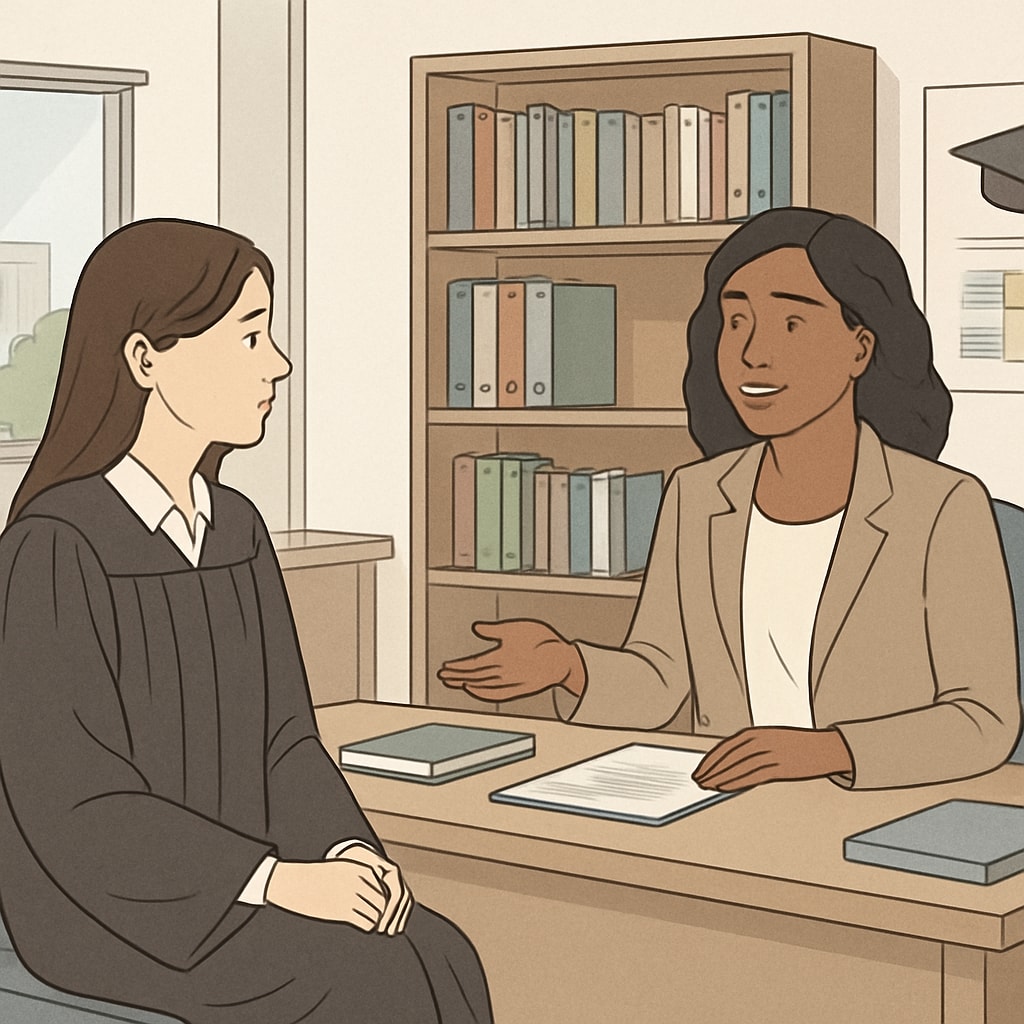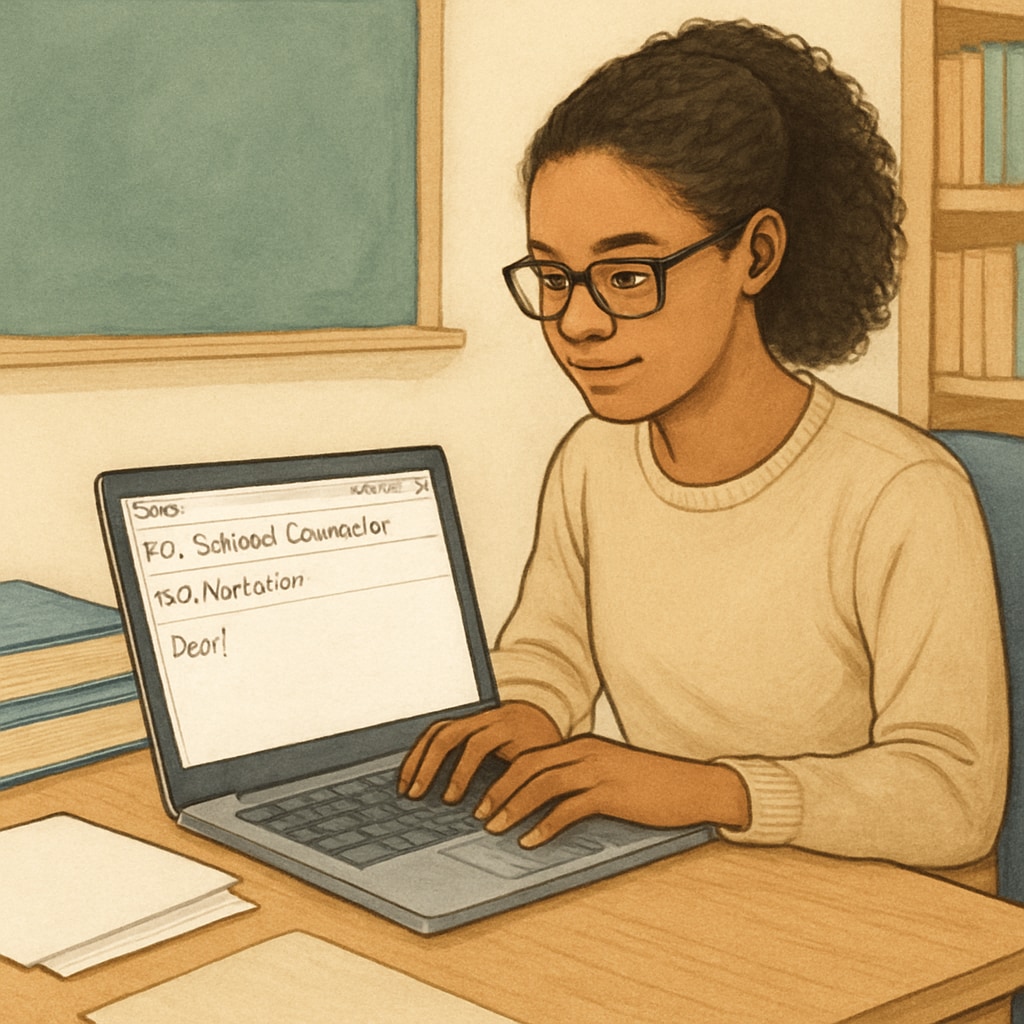Conducting interviews with K12 school counselors is a critical step for many graduate students tasked with research assignments in education. These interviews provide valuable insights into the intricate role of counselors in schools, their daily operations, and their impact on student well-being. Successfully locating and interviewing school counselors requires thoughtful planning, effective communication, and professional techniques. This article outlines practical advice to help researchers achieve their goals.

Finding the Right School Counselors
Before you can begin your interviews, you need to identify suitable school counselors to approach. Start by understanding the scope of your research—are you focusing on middle schools, high schools, or both? Once this is clear, consider the following channels:
- School directories: Many schools list their staff members, including counselors, on their websites. Searching these directories can help you locate contact details.
- Professional networks: Platforms like LinkedIn or local educator associations can connect you with counselors who are open to academic collaboration.
- Referrals: Reach out to professors or colleagues who may have existing connections with K12 counselors.
When reaching out, ensure your message is concise, professional, and explains the purpose of your research. For example, clearly state how their participation will contribute to your study and assure them of confidentiality.
Crafting Effective Communication Strategies
Once you’ve identified potential interviewees, your next step is to establish communication. Counselors are often busy professionals, so your approach needs to be respectful and efficient. Here are some tips:
- Personalized emails: Avoid generic messages. Address the counselor by name and mention their specific school or role.
- Clear subject lines: Use subject lines such as “Request for Interview: Graduate Research on K12 Counseling.”
- Flexible scheduling: Offer multiple time slots to accommodate their availability. Be willing to adjust as needed.
- Follow-ups: If you don’t receive a response within a week, send a polite follow-up email.
Remember, professionalism and patience are key to building rapport with potential interviewees.

Conducting Professional Interviews
A well-executed interview not only gathers the information you need but also leaves a positive impression on the counselor. Here’s how to ensure a successful session:
- Prepare your questions: Draft a list of open-ended questions that align with your research goals. Avoid leading questions and focus on topics such as student support strategies, daily responsibilities, and challenges.
- Use recording tools: With the counselor’s permission, use audio or video recording tools to capture the conversation. This ensures accuracy during analysis.
- Maintain professionalism: Dress appropriately, arrive on time, and express gratitude for their participation.
- Active listening: Show genuine interest in their responses and ask follow-up questions to delve deeper into key points.
Conclude the interview by thanking the counselor and providing information about how you will use their insights in your research.
Understanding the Impact of School Counselors
By interviewing K12 school counselors, graduate students gain a deeper understanding of their pivotal role in education. Counselors contribute to academic success, emotional development, and conflict resolution for students. Their insights can shed light on broader issues such as mental health trends, systemic challenges, and effective intervention strategies.
For further information on the importance of school counseling, refer to resources like The American School Counselor Association or School Counselor on Wikipedia.
By using the strategies outlined in this guide, graduate students can successfully navigate the process of finding and interviewing K12 school counselors, contributing valuable perspectives to their academic research.


